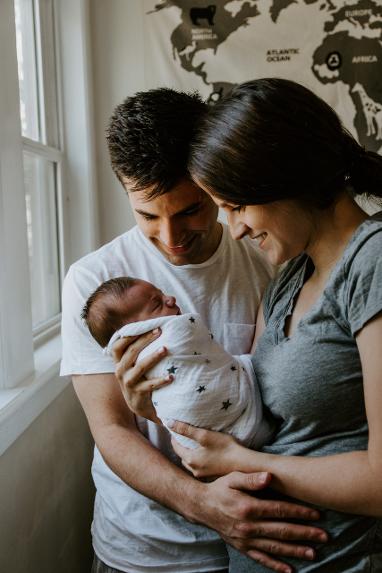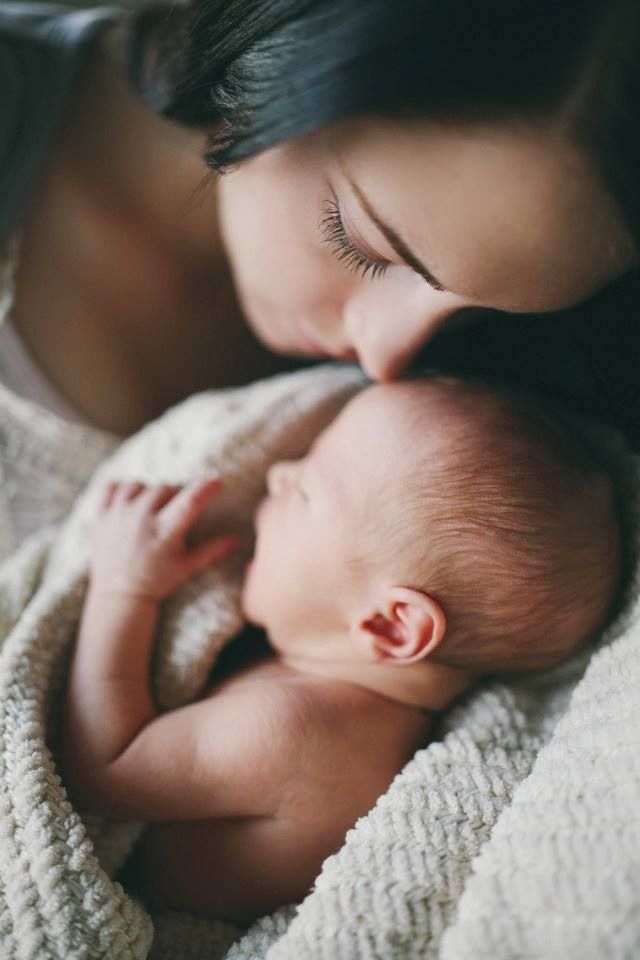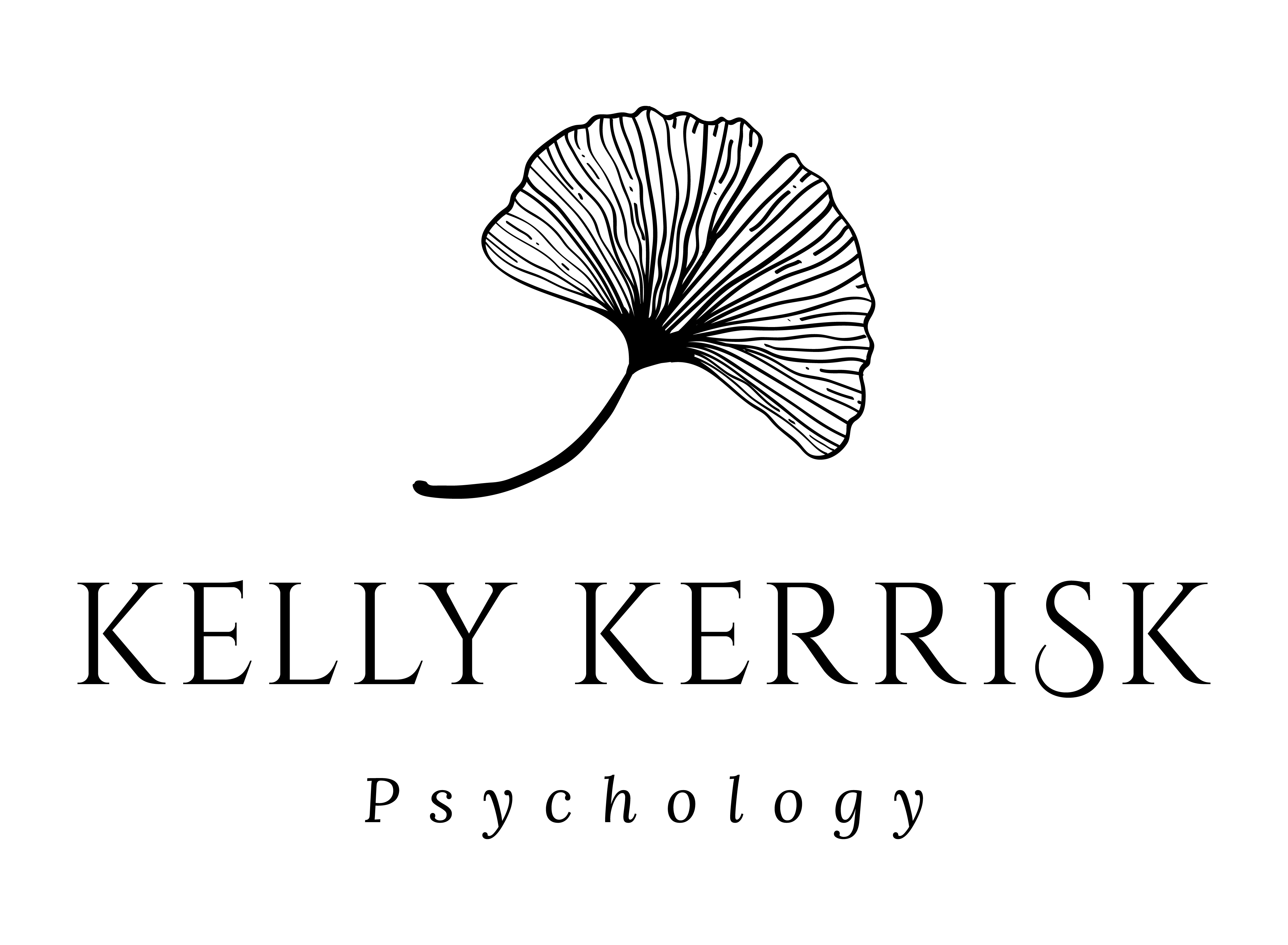Perinatal mental health
Pregnancy and becoming a parent (including pathways such as adoption or surrogacy) are times of great change and can have profound impacts emotionally and psychologically, as well as physically. As a society we tend to focus on portrayals of parenthood as a wonderful and magical time, and while having a baby can certainly be this, for many (if not the majority) of parents and families, the transition is far more complex and involves a range of sometimes quite conflicting feelings and experiences. Many parents do not experience an "instant" love for their babies, many others struggle with feelings of being trapped by the demands of parenthood, grieve the loss of their pre-child selves (including changes to independence, finances, roles with the home), experience feelings of loneliness and isolation, and so forth. However, such experiences are rarely shared or spoken about, and so the "myth of parenthood" persists.

People can experience a range of challenges and difficulties over this time including anxiety, depression, and more general adjustment difficulties to becoming a parent, including strain on the couple relationship. Also sometimes things don't go to plan during pregnancy and birth which can lead to distress, grief, problems with constantly thinking about / reliving the experience, and trouble with bonding / attachment to baby. Having a space to talk through and address these issues can be extremely important in the healing process and for establishing a strong foundation for secure parent-child attachment.
Kelly is experienced in supporting parents and families experiencing depression and anxiety during and after pregnancy, and also for parents experiencing Post Traumatic Stress / Birth Trauma. She draws on a range of therapeutic approaches as part of tailoring her approach to meeting the needs of each individual and family. Kelly is committed to providing a safe, inclusive, and respectful space for people of all genders and sexual orientations, and bodies. Babies are always welcome at appointments.
What is postnatal depression and anxiety?

In the early days of parenthood, parents (both birthing and non-birthing parents )often experience a range of emotions from elation and excitement to times of feeling low, anxious, confused, and tearful. It is normal to experience a degree of anxiety and ‘ups and downs’ initially . These low feelings are called ‘the blues’ or ‘baby blues’ and are common in the first two weeks after your baby’s birth (or adoption).
For some parents, however, the low feeling or anxiety lasts longer and may develop into postnatal depression/anxiety. This is when anxiety or lower mood (depression) don't go away and/or become more pronounced to the extent that it affects their daily life, relationships, and functioning. Postnatal depression and anxiety can affect how you feel about, and care for, your baby and other children.
Moving house during the perinatal period, experiencing a stressful event such as a trauma, the death of a family member or friend, or an illness can all impact on your mood and level of anxiety. Even when there are supports in place people may still experience depression, anxiety or both.
Postnatal depression (PND) and anxiety affects about 10 - 20 percent of new parents, and can occur at any time during the first year. They may be experienced separately or simultaneously. For some people this can be the first time they have felt depressed, however for others the possibility of being affected by PND and/or anxiety may increase if they have experienced depression and anxiety in the past.
The Edinburgh Postnatal Depression Scale (EPDS) is a screening tool commonly used to assess for symptoms of Postnatal Depression.
What about depression and anxiety in pregnancy?
When anxiety or depression occurs during pregnancy it is referred to as antenatal depression or antenatal anxiety. Up to 1 in 10 women and 1 in 20 men experience antenatal depression and anxiety. These rates are typically higher for Queer or Trans parents who tend to have a higher risk of perinatal mood struggles for a variety of reasons including discrimination, stigma, family of origin issues, conception or adoption complications etc.
The signs of depression
Post/ante -natal depression is more severe than ‘the blues’, and a parent suffering from it may:
- have feelings of hopelessness
- believe they just can’t cope
- feel angry and irritated but not sure why
- have a poor appetite or an excessive appetite
- feel overly anxious about their baby
- feeling sad, tearful, alone, guilty, and unsupported.
- have difficulty sleeping even when their baby sleeps
- have thoughts of harming themselves or their baby
- feel that they are being a bad parent
- Abrupt mood swings
- Having little or no interest in all the normal things that bring joy (like time with friends, exercise, eating, or sharing partner time)
- Finding it difficult to focus, concentrate or remember (people with depression often describe this as a ‘brain fog’)
- Feeling constantly tired and lacking energy
- Withdrawing from friends and family
The signs of anxiety
While some anxiety is a normal, a parent suffering from a problematic level of anxiety may experience:
- difficulty sleeping
- restlessness, feeling ‘on edge', and unable to relax
- excessive thoughts
- shaking
- feeling their worries are increasing
- struggling to breathe
- a racing heart
- constant need to check things
- concerns around her child/ren
- Panic attacks (a racing heart, palpitations, shortness of breath, shaking or feeling physically ‘detached’ from your surroundings)
- Persistent, generalised worry, often focused on fears for the health or wellbeing of the baby
- The development or worsening of obsessive or compulsive behaviours (e.g., checking, engaging in rituals to prevent a feared outcome)
Psychological interventions such as talking therapy are identified as being effective treatments for depression and anxiety that occurs during pregnancy and in the postpartum period (year post birth). Furthermore, research findings suggest that in cases of mild - moderate mental health difficulties talking therapies should be a first line treatment.
What is Birth Trauma?
"A traumatic childbirth experience refers to a person's experience of interactions and/or events directly related to childbirth that caused overwhelming distressing emotions and reactions; leading to short and/ or long-term negative impacts on a person's health and wellbeing.” (Leinweber et al., 2022)
Non-birthing partners can also experience trauma related to birth. A person may experience birth trauma following:
- a difficult labour with a long and painful delivery
- an unplanned caesarean section
- emergency treatment
- Baby going to NICU
- severe physical complication or injury related to pregnancy or childbirth, such as severe postpartum hemorrhage, unexpected hysterectomy, preeclampsia/eclampsia, perineal trauma (3rd or 4th degree tear), or cardiac disease.
- Feelings of powerlessness, poor communication and/or lack of support and reassurance during the delivery
- other shocking, unexpected and traumatic experiences during birth
Additionally parents who have experienced a previous trauma, such as sexual abuse or assault, are also at a higher risk for experiencing postpartum PTSD. We also know that Queer or Trans parents face many unique challenges that may put them at a greater risk for mental health complications.
The impact of these experiences is often underestimated, as people may feel that the baby is adequate compensation for the trauma and that, as a new parent, you will soon forget it in the joy of parenthood. However, a traumatic childbirth can impact your relationship with both your baby and your partner. You may feel acute disappointment that childbirth was not the experience you were hoping for, and/or feel angry or let down with the medical staff if you felt that the delivery wasn’t handled well. If you develop PTSD, you're likely to also experience flashbacks or unwanted memories of the traumatic birth. For some people this might also mean you feel anxious about having another baby.

What are the symptoms of Birth Trauma?
Symptoms of birth trauma might (but don't necessarily always) include:
- Intrusive re-experiencing of a past traumatic event (which in this case may have been the childbirth itself)
- Flashbacks or nightmares
- Avoidance of stimuli associated with the event, including thoughts, feelings, people, places and details of the event
- Persistent increased arousal (irritability, difficulty sleeping, hypervigilance, exaggerated startle response)
- Anxiety and panic attacks
- Feeling a sense of unreality and detachment

Birth trauma is temporary and treatable with professional help. There are a range of treatments for dealing with Birth Trauma. These range from talking through your problems to more structured therapies such as Cognitive Behavioural Therapy (CBT) where you use relaxation techniques to try and create a safe environment in which you can go over particularly difficult or traumatic aspects of your birth, look at your perceptions and thought processes etc.
Kelly is experienced in working with parents who have experienced birth trauma and PTSD and is passionate about supporting people to work through these challenges.
© Copyright Dr. Kelly Kerrisk - Clinical Psychologist
